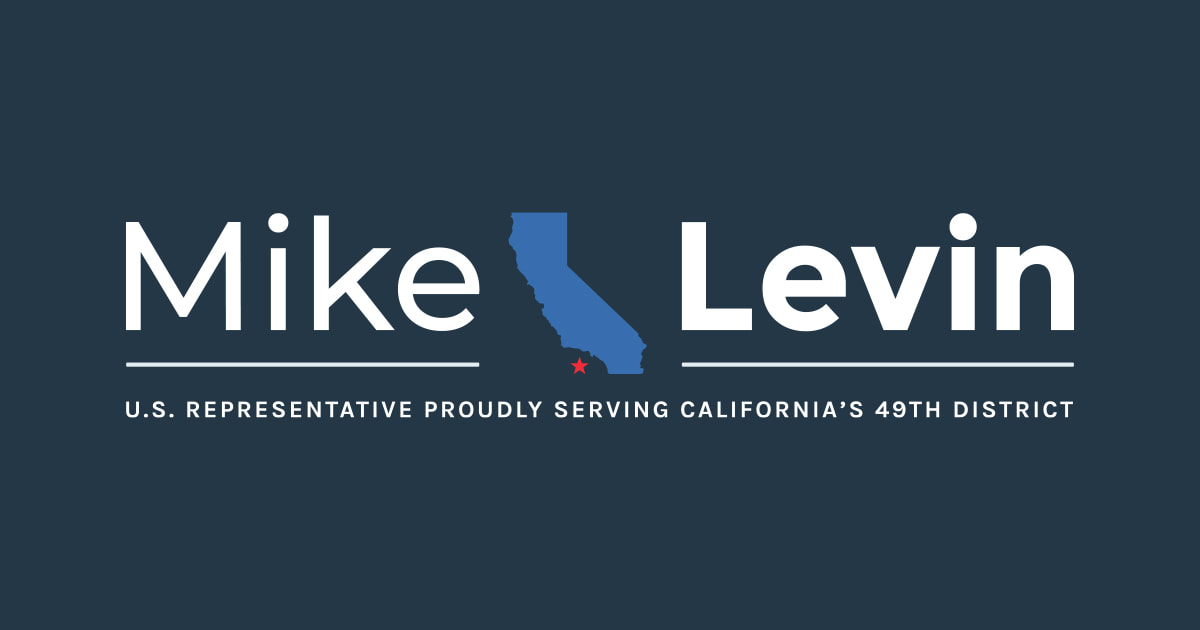|
Washington, D.C. – Today, the U.S. House of Representatives passed the bipartisan Restoring Hope for Mental Health and Well-Being Act, a comprehensive bill to address mental health care and substance use disorder. The bill includes Rep. Mike Levin’s (D-CA) legislation to improve sober living homes by authorizing a federal study on the quality and effectiveness of recovery housing and to identify recommendations to strengthen the quality of recovery housing. The provisions come from Rep. Levin’s Studying Outcomes and Benchmarks for Effective Recovery (SOBER) Homes Act. The Restoring Hope for Mental Health and Well-Being Act also includes legislation Rep. Levin led with Reps. David Trone (D-MD) and Judy Chu (D-CA) to help states implement recovery housing best practices for those struggling with substance use disorder. Their legislation, originally introduced as the Excellence in Recovery Housing Act, would require the Substance Abuse and Mental Health Services Administration (SAMHSA) to develop and periodically update these guidelines.
“For far too long, many Americans struggling with substance use disorder have sought support at recovery homes that provide substandard care, failing to provide them with a true opportunity to recover. That’s unacceptable, and we must do better,” said Rep. Levin. “With the provisions from my SOBER Homes Act, we can better understand how to make recovery housing more effective and identify best practices to help more Americans get and stay on the path of recovery. I am very grateful for the tireless work of local advocates who have been fighting to improve residential recovery homes for years. While we have much more work to do together, this bill will save lives, and I’m proud to see it pass the House with bipartisan support.” The Restoring Hope for Mental Health and Well-Being Act authorizes $1.5 million for the National Academies of Sciences, Engineering, and Medicine to conduct the study. Rep. Levin will work to ensure the study aligns with the parameters laid out in his bill, which specified that it shall identify research and data gaps that must be filled to better report on quality and effectiveness of recovery housing. It also instructed the study to examine quality and effectiveness for recovery housing based on whether the housing is for-profit or not; whether the housing is public or private; number of clients served; bedroom occupancy; duration of services received by clients; certification levels of staff; whether residents receive services on a voluntary basis or pursuant to a judicial order; and fraudulent and abusive practices by housing and treatment facility operators. More information on the Restoring Hope for Mental Health and Well-Being Act is available here. Comments are closed.
|
news Categories
All
RECENT NEWS
July 2024
|
|
|
|
|


 RSS Feed
RSS Feed
